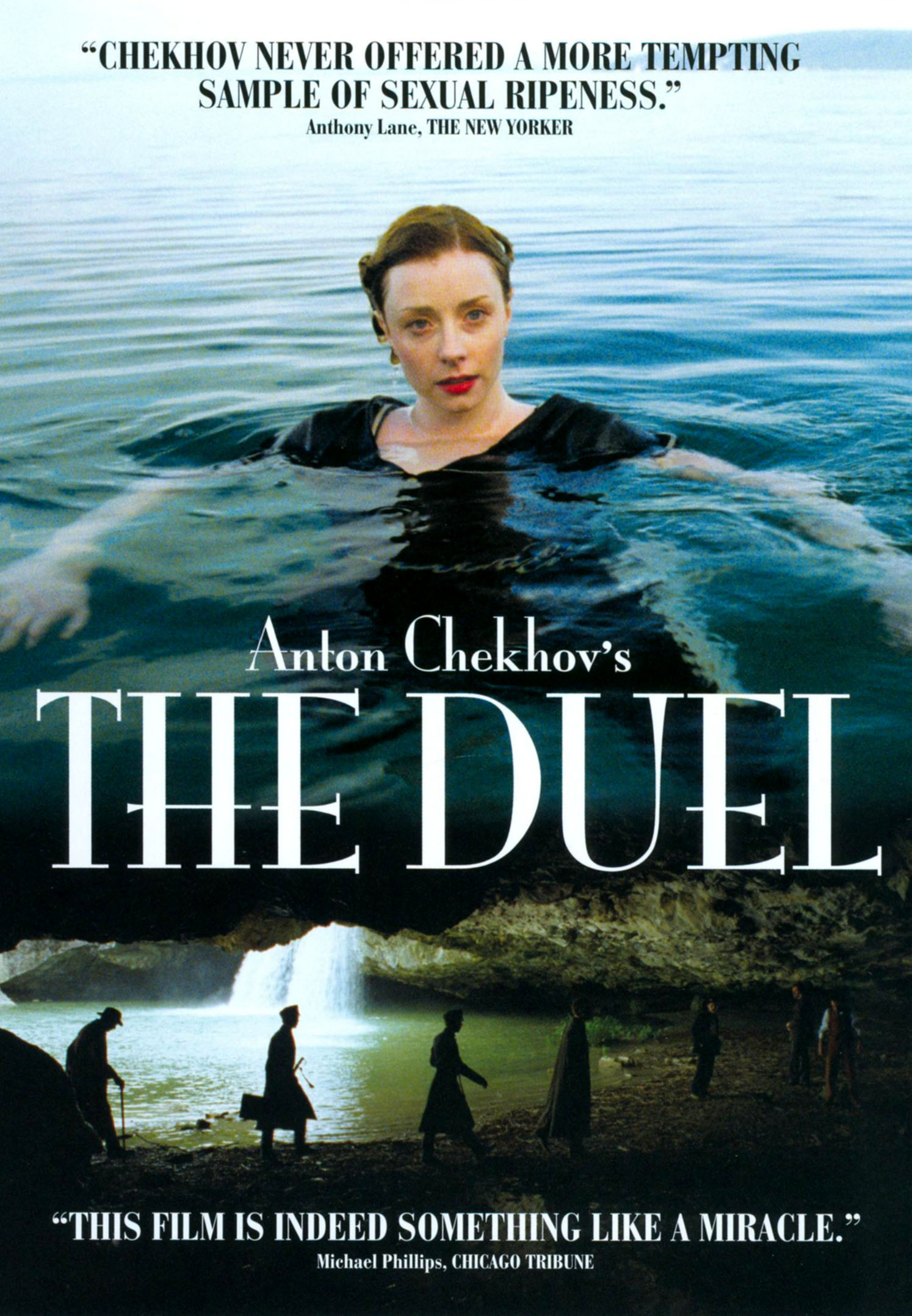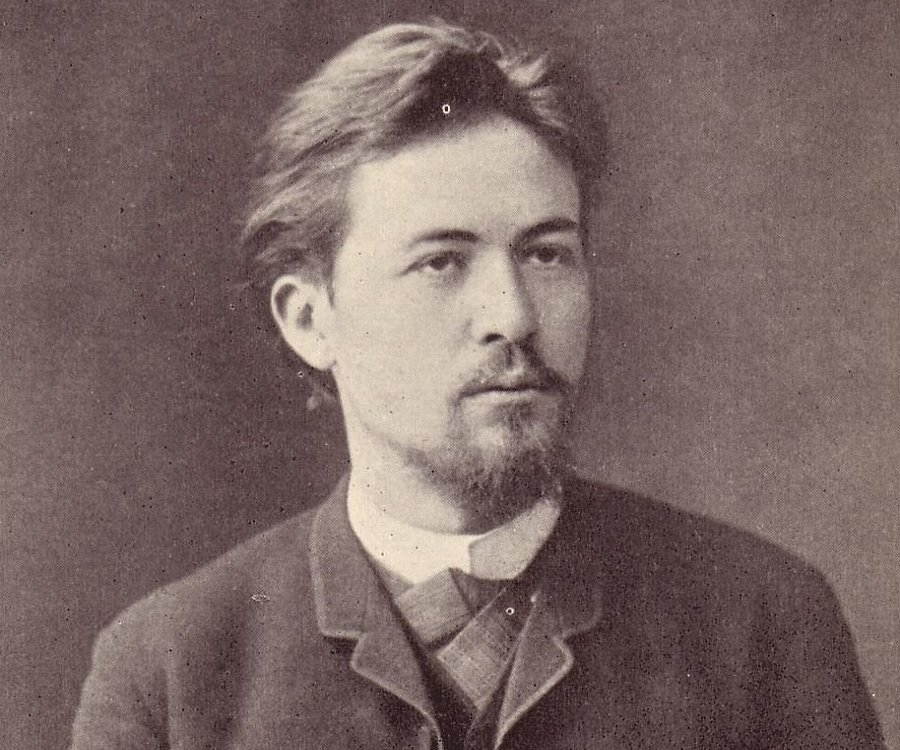At one point while reading this short novel, I burst out laughing so loud that one could hear me from another room. First and foremost, Chekhov is a comedy writer. I'm not talking about the kind of gentle and sad smiles with lamentation often associated with him, although those are present too, occasionally. No, I'm talking about gags and jokes and mockery of human frailties.
I gotta admit it, I love this kind of mockery, which exposes how pathetic our lives are and how little our struggles mean. The existential laugh. It seems to be a fairly common theme in Russian literature at the time --- the futility of the intellectual angst over how to save the Motherland and her peoples from poverty and backwardness and the crushing bureaucracy and corruption blah blah blah. Throughout the novel, Chekhov made references to Tolstoy and Turgenev, which also made me laugh. And yet, as much as the novel is steeped in the time and place and those specific problems, I find it much more relatable and relevant to me and our times than anything else. The pathetic lives and anguish of these characters are instantly recognizable in people around me, including in myself. I would even venture to say that there are numerically more people today around the world that are Chekhovian than in 1890s Russia. They, no, we, are all wailing into the void --- "What should I do with my life?!"
Not that he provides a definitive answer, mind you, or a definitive non-answer, as he was too early for Modernism or Existentialism. The answer he gave is in the example of himself. On top of the piercing insight and the hilarious mockery, he remained kind and warm and able to empathize with pathetic losers that are us. Right now is a pretty bad time to maintain warm feelings about humanity (although when was it ever a good time?). I often wonder if our need for "society" is more of a hardwired instinct than a justified choice. Chekhov seems to be showing us one way of living: One can see the crap that is humanity and still choose to live without illusions and perhaps even love while carrying all the baggage. Why not? (No, the lesson is not to literally work like a dog to pay off your debts, unless that's what you want to do.)
Ever since I smelled a whiff of The Origin of Species in Turgenev's Fathers and Sons, I now see it everywhere (LOL). There is a German character in The Duel who is constantly spewing social Darwinism. It's quite chilling to consider how prescient this character is (and he is German too!), but I can imagine that view might have been popular at that time, before we had the hindsight of the real horror it is capable of inflicting. Nevertheless, a man like Chekhov can instinctively see through this bullshit, no matter how smart or rational it appears to be.
Yes, that's why I love him, because Chekhov inoculates us against bullshit and despair.



